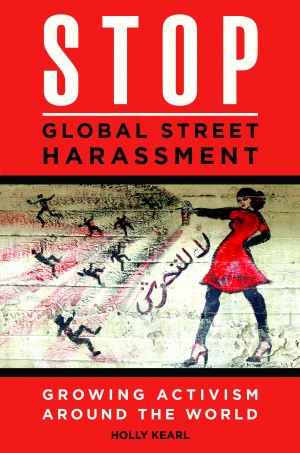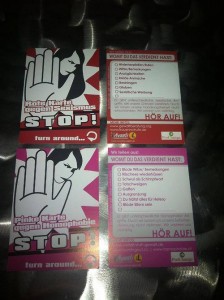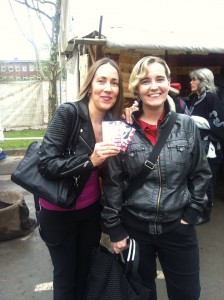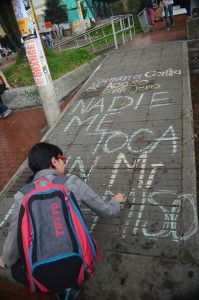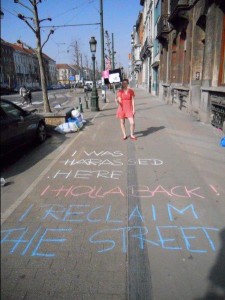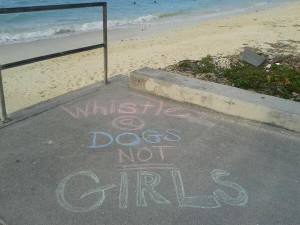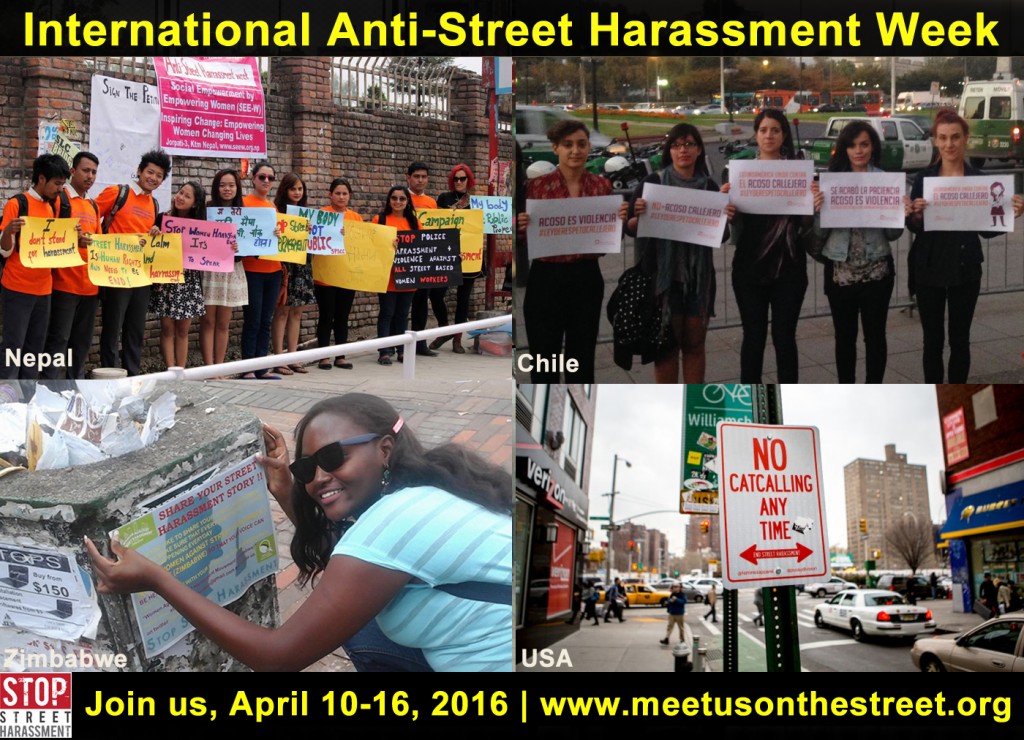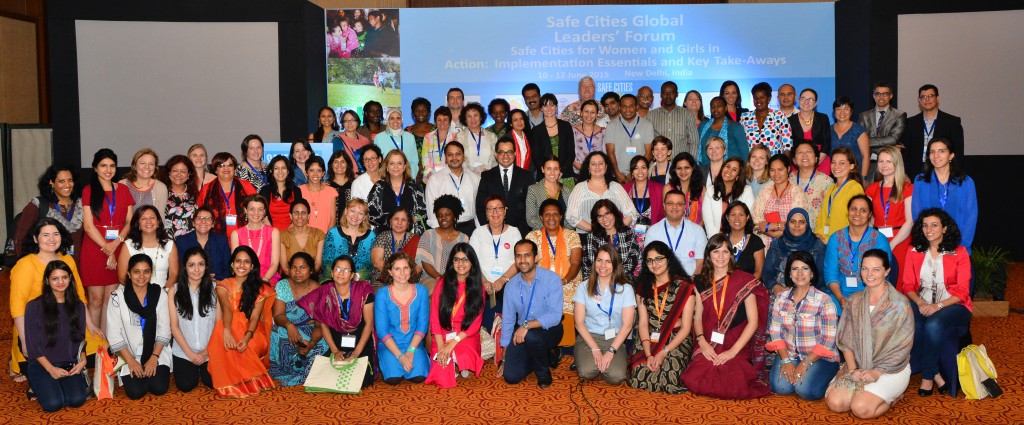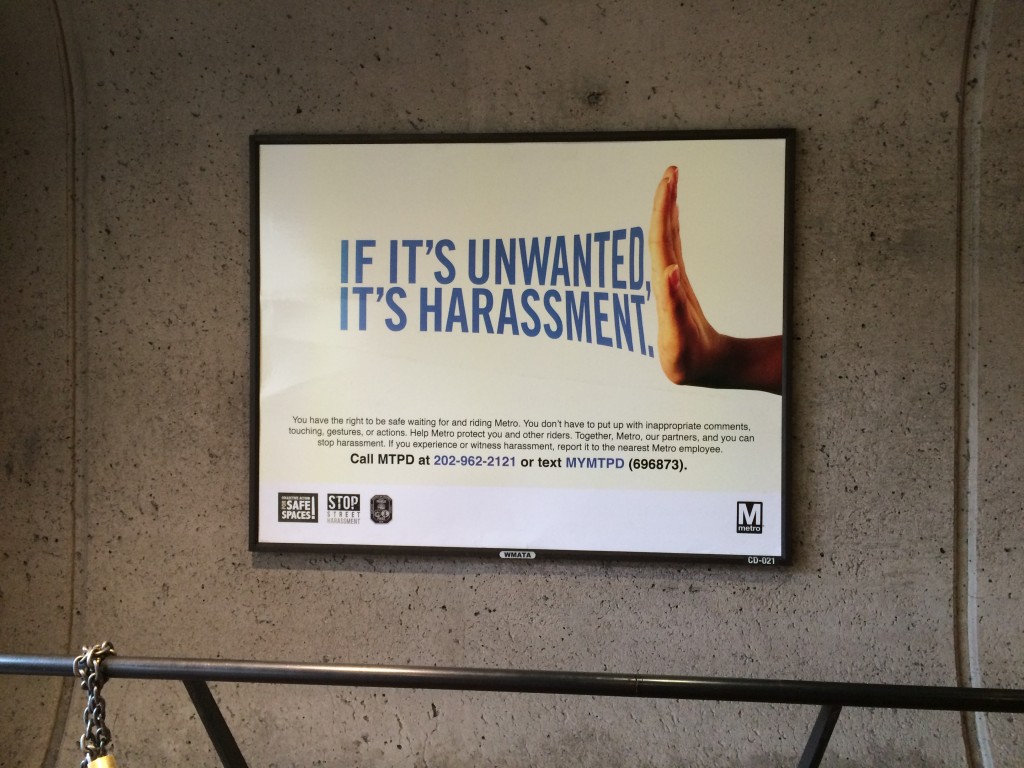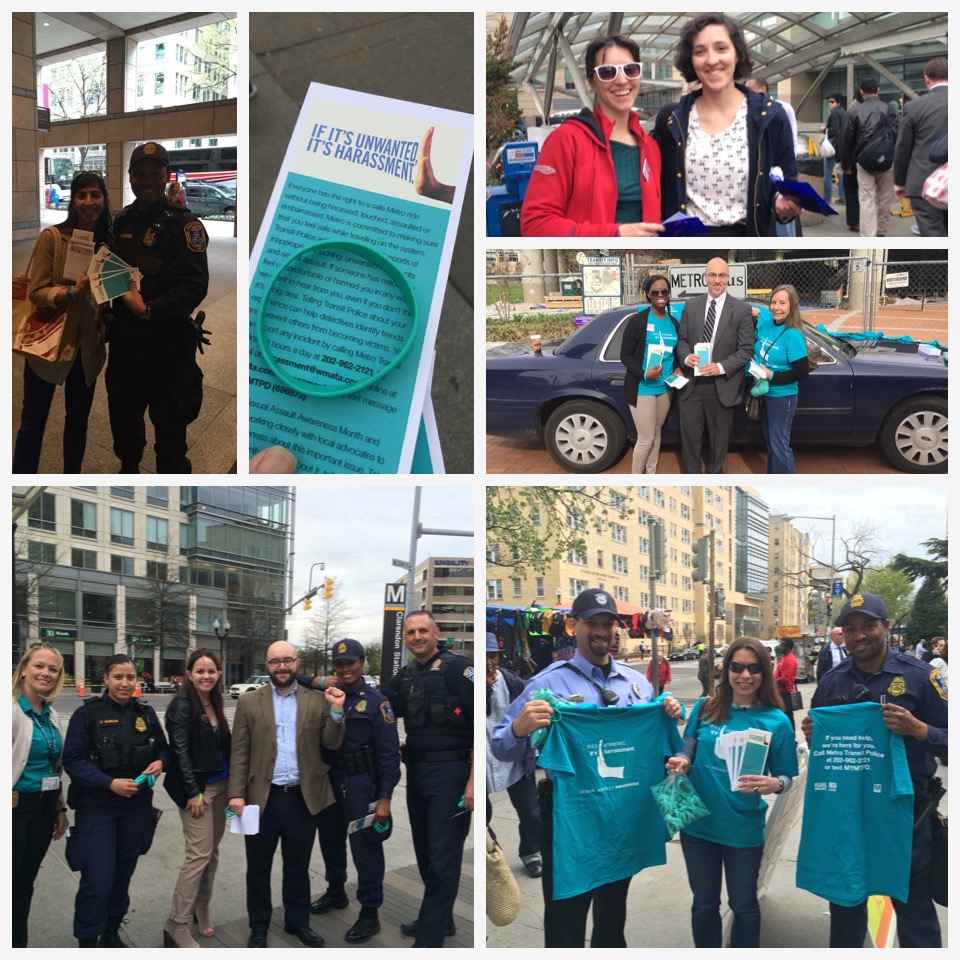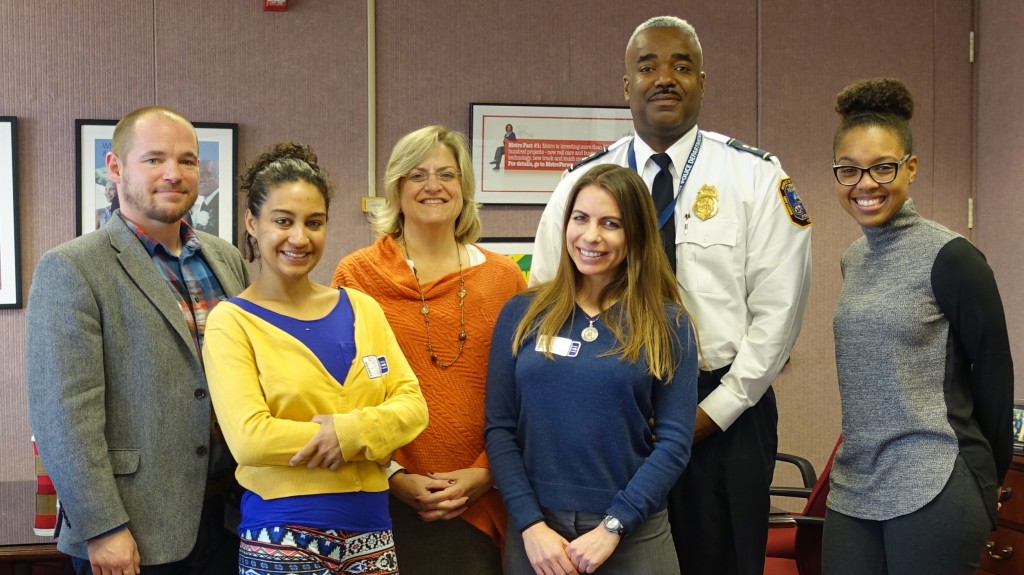As you do your holiday shopping this year, you can help support our work simply by using this link when you shop for items on Amazon.com!!!
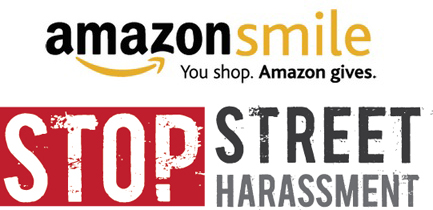 Also, my new book could be a good gift for a social justice activist in your life! Stop Global Street Harassment: Growing Activism Around the World.
Also, my new book could be a good gift for a social justice activist in your life! Stop Global Street Harassment: Growing Activism Around the World.
